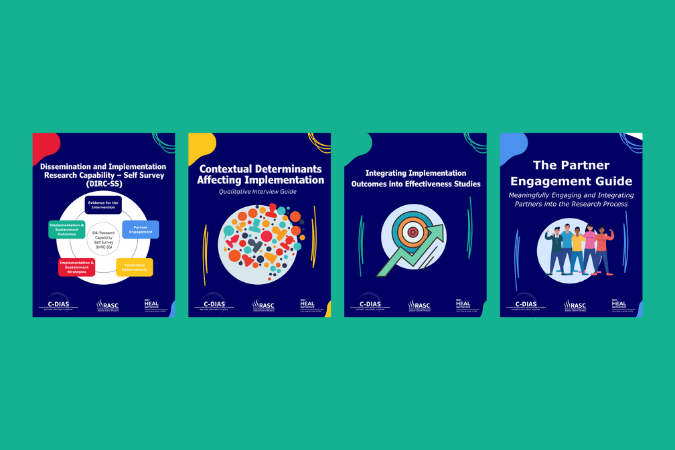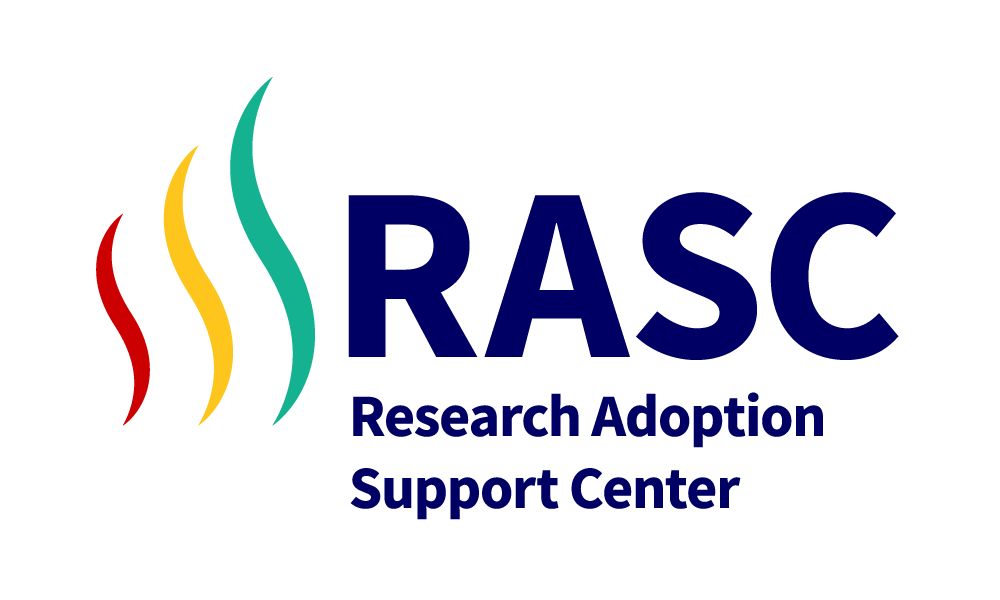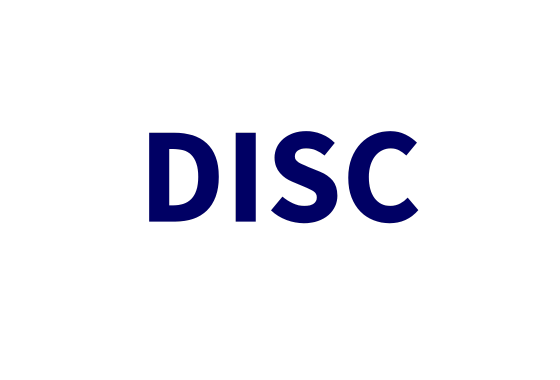Using data to implement pragmatic, action-oriented projects that reduce overdoses and improve opioid use disorder treatment and pain management.
Newsworthy Features
RASC Releases EBP Navigator Tool
The HD2A Research Adoption Support Center (RASC) is proud to launch the Evidence-Based Practice (EBP) Navigator Tool, a series of practical modules to accelerate the implementation of evidence-based interventions for treating substance use disorders and pain.
DISC Releases Tools for Researchers Working with Health Data
The Data Infrastructure Support Center (DISC) team recently released several tools for researchers working with health data, including related to using Medicare and Medicaid Claims data, determining rural-urban commuting area codes, calculating morphine milligram equivalents, and mapping diverse data sources to the Observational Medical Outcomes Partnership common data model.
NEW! Implementation Guides and Measures
The Center for Dissemination & Implementation At Stanford (C-DIAS) and the Research Adoption Support Center (RASC) recently developed a set of implementation guides and measures to support researchers and anyone seeking to evaluate or implement a health care innovation.
The Helping to End Addiction Long-term® Initiative, or NIH HEAL Initiative®, Data2Action Program (HD2A) supports Innovation and Acceleration Projects that make data more real-time and useful to accelerate the implementation of evidence-based interventions for opioid use disorder and pain management. HD2A supports efforts across the four pillars of the HHS Overdose Prevention Strategy: Primary Prevention, Harm Reduction, Evidence-Based Treatment, and Recovery Support.





